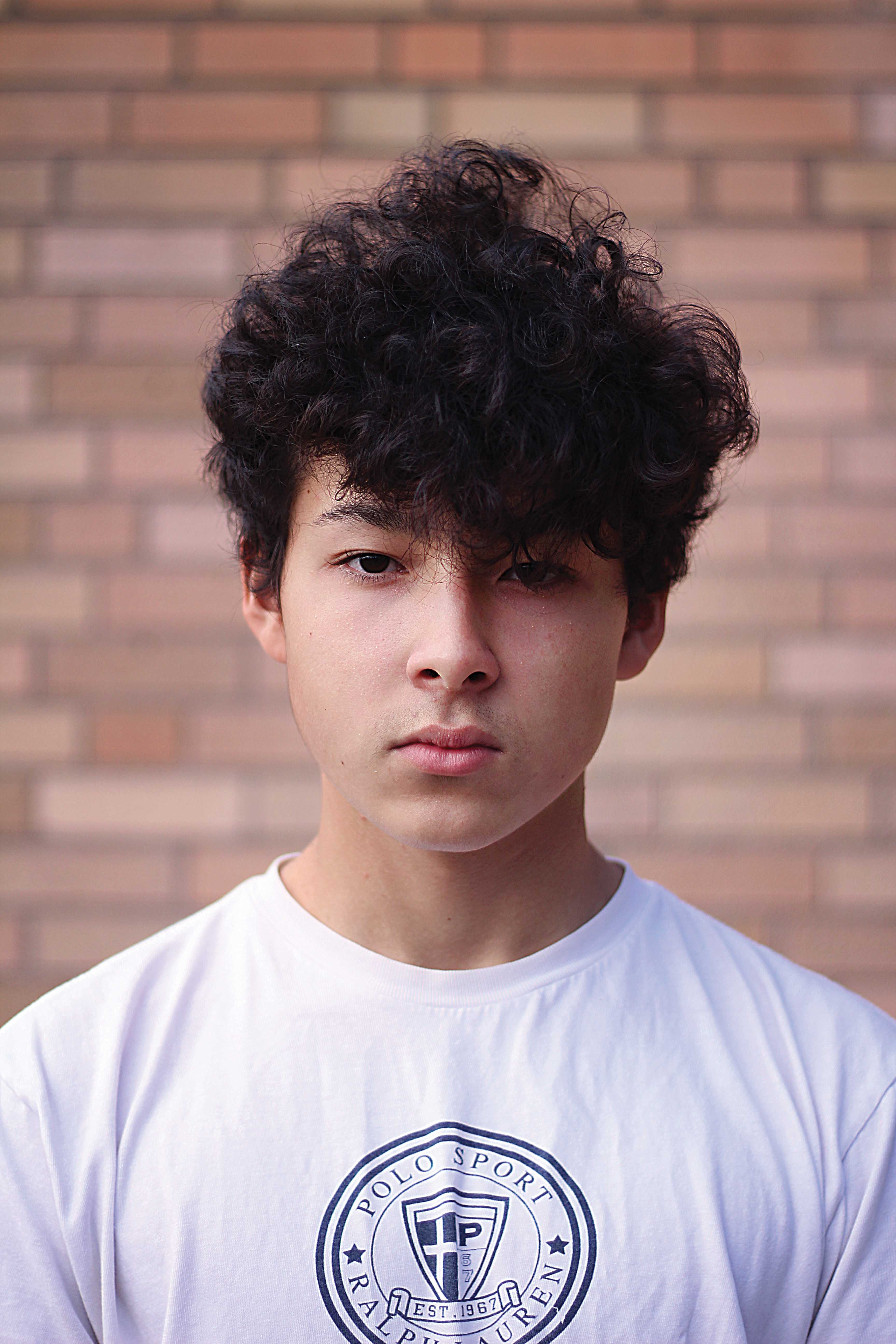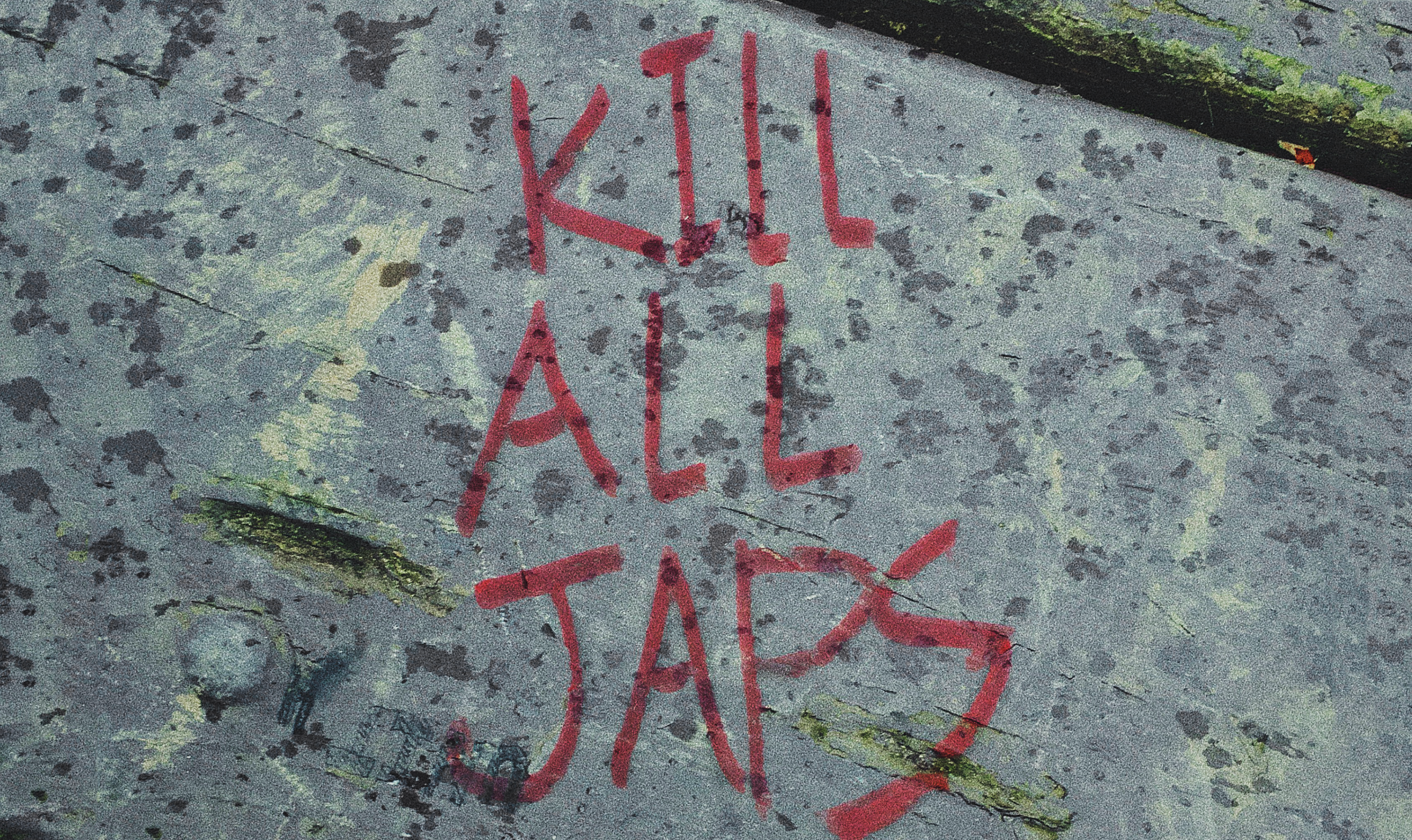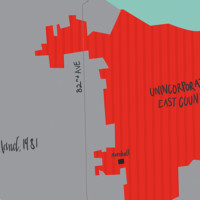
When I opened my phone and saw a photo with the words “Kill all Japs” written in dark red ink on a park bench in Grant Park, I didn’t think much of it. It seemed insignificant. I hear the word “Jap” thrown around in my friend group so often it’s as if it has no meaning. The best thing I felt I could do was to ignore the hate speech, thinking it would blow over soon.
Growing up surrounded by Japanese people in the Japanese Magnet Program (JMP) as well as being raised in a Japanese household, I was always comfortable with my ethnic background. I was used to others accepting my culture, so when the Japanese community was threatened my sophomore year and little support was shown, it made me question the amount of representation there was for Japanese students and staff at Grant.
After the hate speech was removed, Grant staff held a two-hour conversation with the administration and later an email was sent out to all of the parents informing them of the vandalism. But even after reading the email, many Japanese students felt it wasn’t enough.
After no apparent change was made in the community, other students and I knew it was our turn to take charge. I met up with four other students of Japanese descent to discuss how we should address the lack of support we were receiving.
Through meetings and conversations, a safe space for students who were affected by the incident was organized. But again, this wasn’t enough. Approximately ten students attended the safe space and the conversation wasn’t continued in the following days.
I hadn’t heard of any conversations being started within the school and when the incident was brought up in my Japanese class a week after it occurred, the majority of the class was left shocked and confused, due to the lack of communication.
This lack of understanding could have been helped by an over-the-phone announcement, a thirty minute conversation within all classes or even a Race Forward event addressing the topic of hate speech. But the administration decided to do nothing.
Given the situation, the Grant community was left in a difficult position, questioning what to do next. Suspension of the offenders – which would follow the normal punishment protocol – would have left those directly affected feeling safer within the school. However, this protocol would not have been constructive and nor would it have prevented incidents like these from happening in the future.
When other incidents targeting marginalized groups occurred throughout the year, awareness was raised through protests and conversations in class. But the lack of support from the administration made the Japanese community at Grant feel like discrimination towards Japanese students was less important than other issues.
Covering up the graffiti was not enough to solve the issue. The following day after school, a student was threatened to be killed because of his Japanese ethnicity.
Four white students with American flag bandanas covering their mouths approached him in the halls and pointed their fingers, yelling “Kill all Japs” at the student. This was a close friend of mine, and after seeing students fall into states of depression and anxiety – some afraid to even leave their homes – the severity of the situation hit me.

Thinking that this could have happened to me ran through my mind daily The students who targeted my friend remained anonymous; knowing that I was walking the same halls as the people that held these views made me feel unsafe and made it difficult to concentrate.
Principal Carol Campbell says there was more that should’ve been done but that this is a sign for the school to learn something new.
She says dealing with incidents like this is something they need to work on. Instead of working out the problem after something like this happens, Campbell says the school will organize events during and before something like this occurs.
As of now, little conversation has been started surrounding the subject. Even most students within the JMP aren’t aware of what is going on and the issue is still being treated as if it has little to no importance.
But this should not bring the Japanese community down. Instead we should all learn from this, let it empower us and take it into our own hands to prevent further incidents like this from happening.
What will you do to change the climate of Grant High School?




